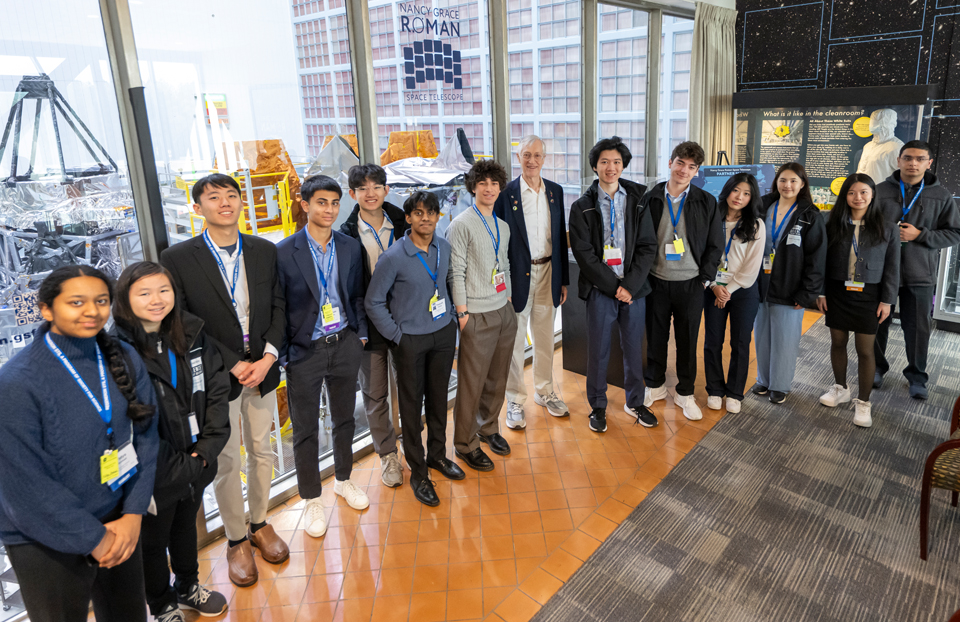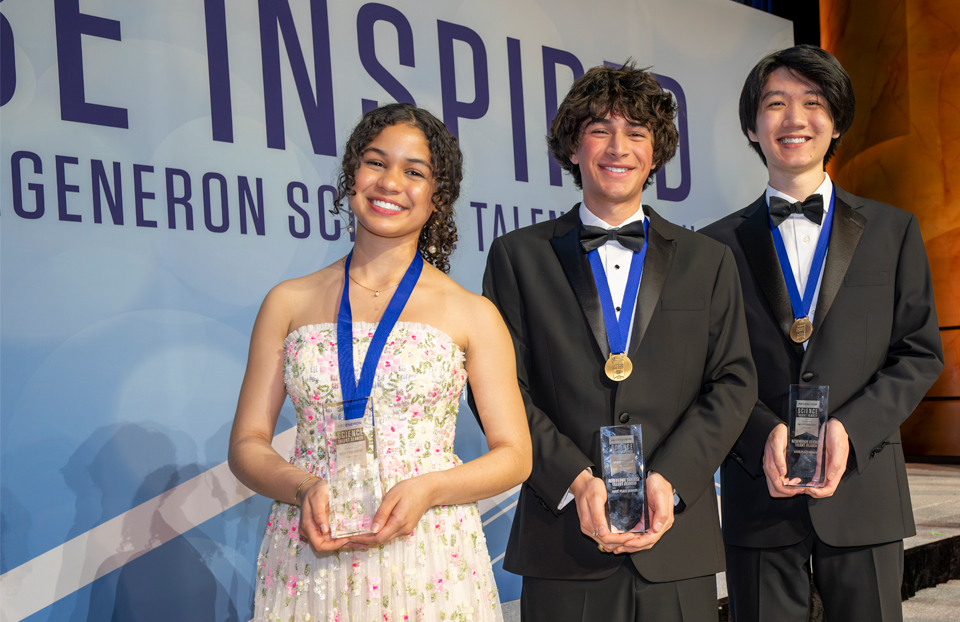Getting started in STEM: Advice from America’s brightest young scientists
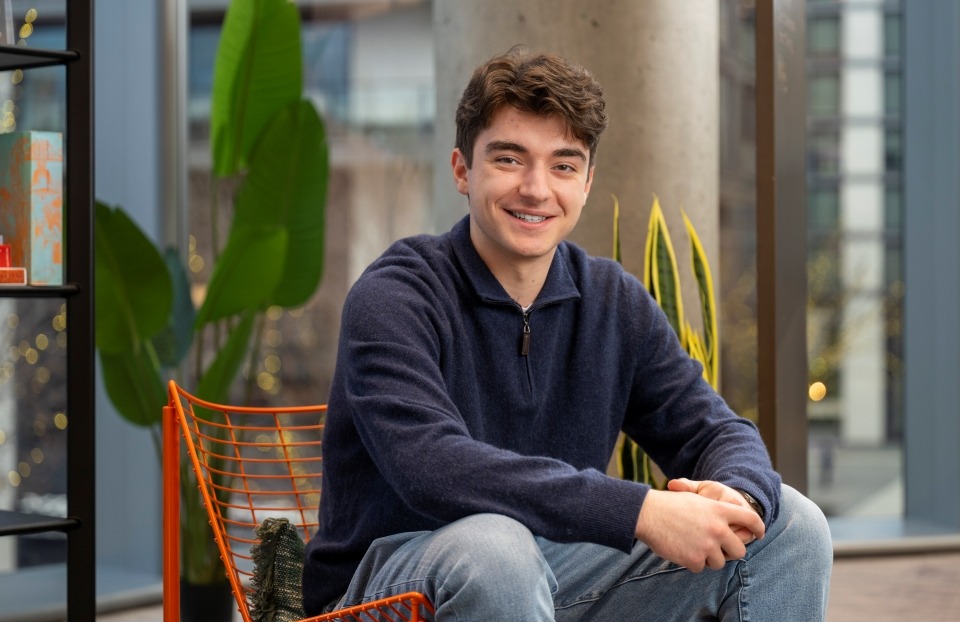
Every great scientist starts somewhere—and few are off to more exceptional beginnings than the Regeneron Science Talent Search 2025 finalists. With their knowledge and hard work on display this week as they compete in the nation’s oldest and most prestigious research competition for high school seniors, these bright young minds know what it takes to pursue scientific passions.
We asked several of this year’s finalists what advice they would give to younger students interested in doing scientific research. Whether you’re preparing for your first science fair or dreaming of one day winning the Nobel Prize in Physics, here are their thoughtful tips on how to get started in STEM.
Ava Cummings
North Carolina School of Science and Mathematics (Durham, North Carolina)
“I would advise younger students to explore and experiment with the many avenues and niche topics that exist within science. When I was younger, I tried out many different topics through science fairs, class projects and personal curiosity before eventually finding an area that I was truly passionate about.”
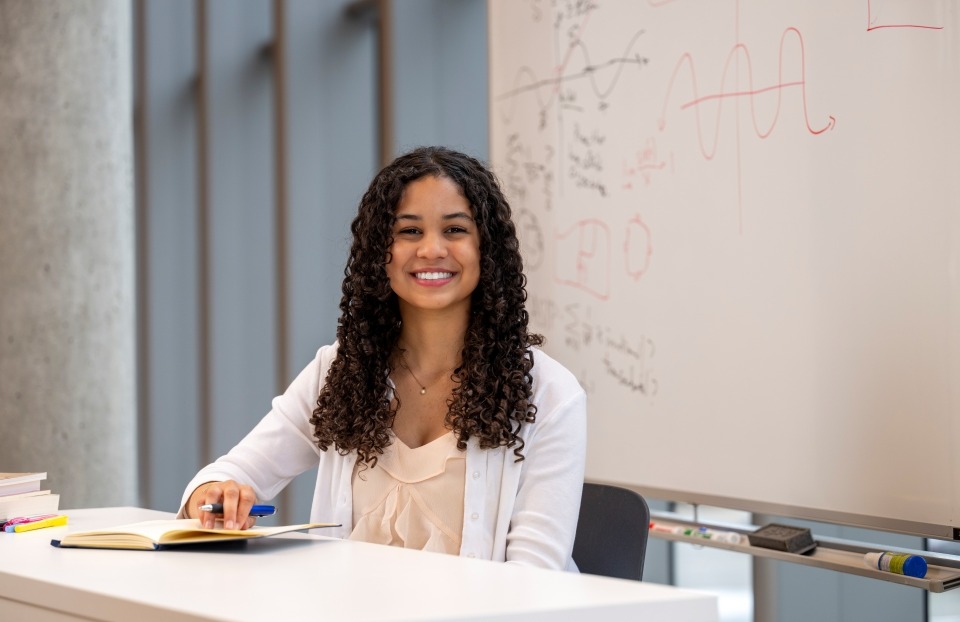
Lena Feleke
Martin Luther King Jr. Magnet High School (Nashville, Tennessee)
“It is always important to ask questions, no matter whether it is because you are curious or if you are confused. No question is too big, small, silly or serious. Asking the next question is what will bring new ideas to the world and bring attention to issues that matter. Pursuing knowledge can equip you with the desire to learn more. And that’s important in a world with so many unanswered questions.”
Siddharth Nirgudkar
Acton-Boxborough Regional High School (Acton, Massachusetts)
“Read a lot. Reading helps build foundational knowledge and allows you to think across multiple disciplines, which is a huge bonus later on. Also, do. —play around with magnets, thermometers, liquids and other things you find around the house. You can discover a lot of interesting things and gain scientific intuition, which is essential.”
Thanush Patlolla
William G. Enloe High School (Raleigh, North Carolina)
“Problem solving abilities are the most important thing you can develop. If you eventually learn about a new interesting field and want to switch, all your skills will translate if you practice how to reason through hard problems. Doing research is awesome, but understanding the fundamentals is the most important thing you can do before you try to do cutting-edge work.”
Yash Ranjith
Westmont High School (Campbell, California)
“I’d tell younger students to stay curious and not be afraid to explore different areas of science. It’s okay to make mistakes along the way. Every challenge is an opportunity to learn and grow. Most importantly, find what excites you and keep pushing forward.”
Charlotte Rosario
The Nueva School (San Mateo, California)
“To young girls especially: If you ever walk into a computer science class and find yourself as the only girl, or one of only a few, know that you are not alone. You belong there. The lack of representation doesn’t define your potential or place in STEM. Be a leader and never be afraid to ask questions, explore new ideas or pursue your curiosity.”
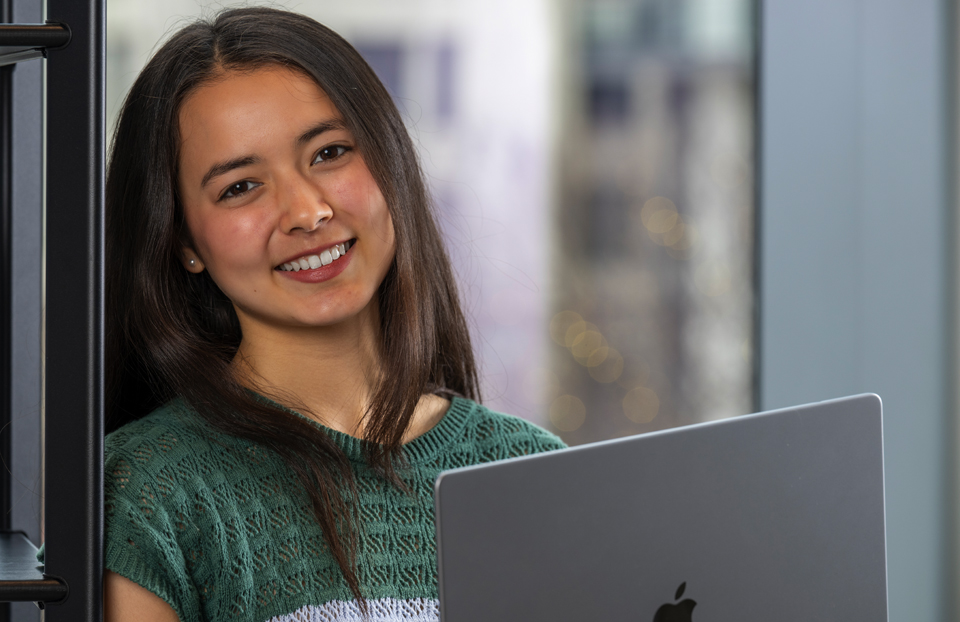
Aiden Sanxhaku
Julia R. Masterman High School (Philadelphia, Pennsylvania)
“Never let anyone tell you that you don’t belong or lack ability. I am often reminded of a quote from Richard Feynman: ‘I was an ordinary person who studied hard. There are no miracle people. It just happens they got interested in this thing, and they learned all this stuff.’ I think this is a crucial principle in pursuing science—that with dedication, curiosity and perseverance, you are limited only by your imagination.”
Kevin Shen
Olympia High School (Olympia, Washington)
“Learn science. Do it, do it, do it. Science is so cool. Even if you don’t become a scientist in the traditional sense, learn science because it isn’t just a bunch of equations or facts to memorize, but rather a tool to understand the world and a way of thinking.”
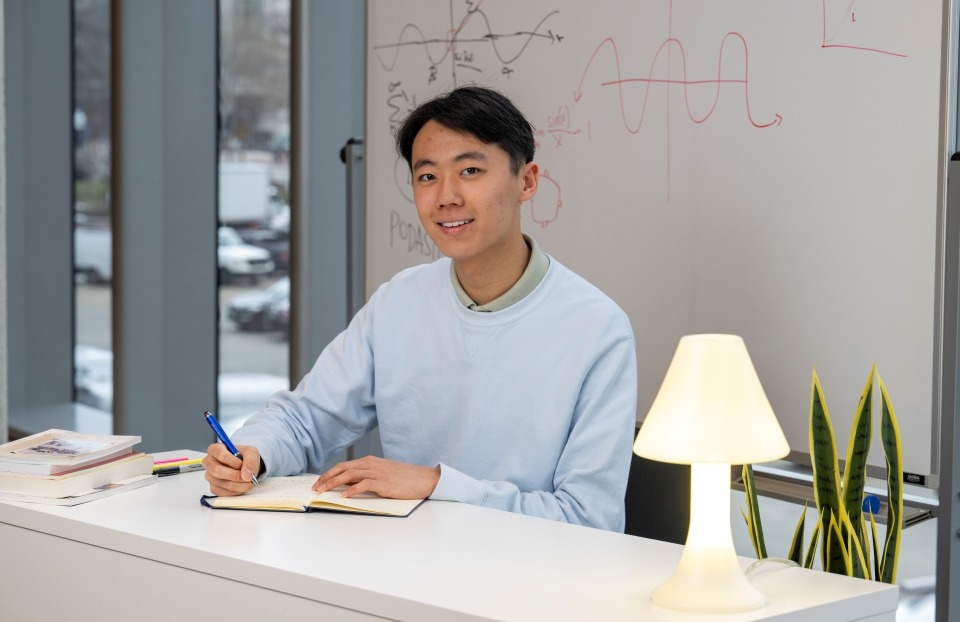
Angeline Zhao
Phillips Academy (Andover, Massachusetts)
“It might seem scary, but science is genuinely about giving yourself the chance to understand and uncover something about the world around us. Whether it is big or little, every little discovery you make is in pursuit of science. It’s the chase for a greater understanding of the world we live in that makes us scientists.”
Learn more about all of the finalists on this page on our website. Stay tuned and bookmark the link to watch the awards ceremony livestream at 8 p.m. Eastern on Tuesday, March 11, when we will announce the winner of the $250,000 top award.
